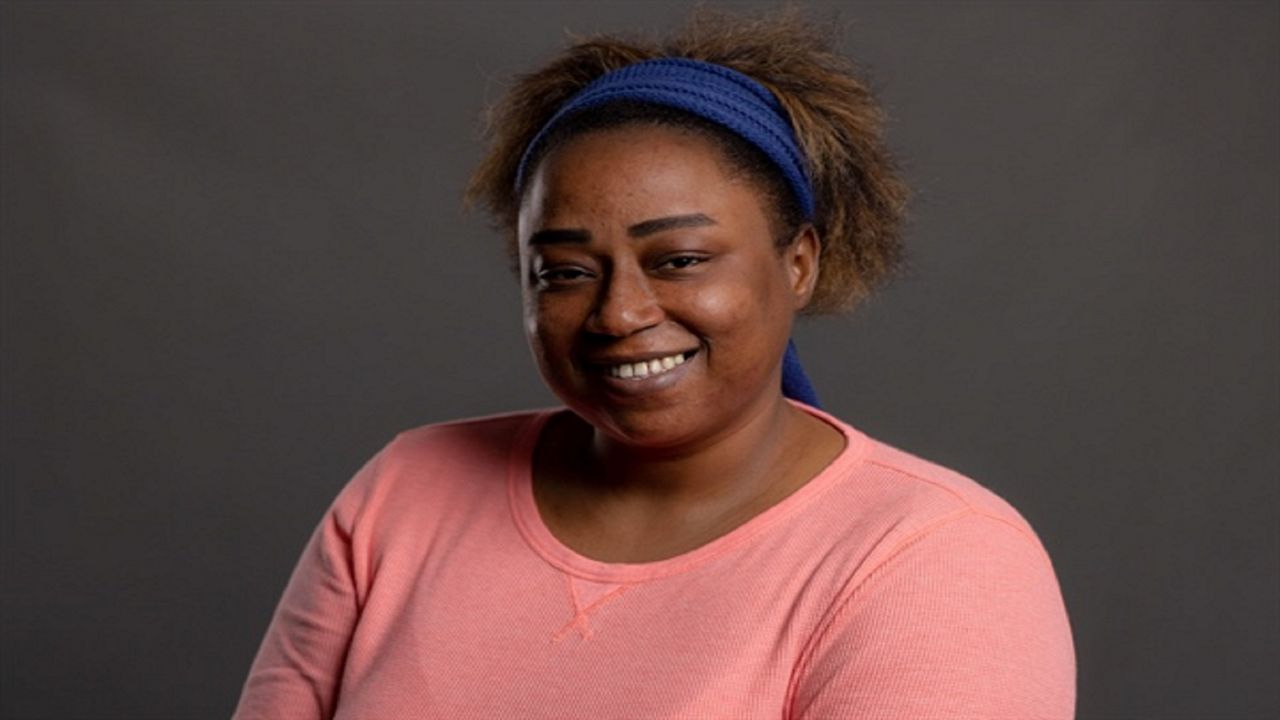She felt the nervousness one would expect as she was welcomed into the human resources office for the job interview.
But Mariama Diallo knew the hurdles she needed to clear were higher than most.
“As soon as I start speaking, the first thing people ask me is, ‘Where are you from?’’’ said Diallo, who hails from Guinea in West Africa. “So I knew there might be an issue, but I didn’t know it’s going to be like that.’’
This, according to Diallo, is what “that” was.
“She first asked me what’s my name, to make sure it was me and all that,’’ Diallo said. “And then she didn’t even ask me one question about my experience for the job.’’
The position was for a checkout person.
“She started by asking me if I have a working permit,” Diallo said. “I said, ‘No.’ And then she asked, ‘Are you a U.S. citizen?’ And I said, ‘No.'"
At that point, Diallo said, the HR person cut the interview off because she believed Diallo didn’t have the proper documentation and showed her the door.
But when they reached the door, Diallo had something to say.
“I’m like, ‘You did not ask the right question. What kind of document do I have?’’’ Diallo said. “Instead of asking me, ‘You have this, you have that?’ Before I got out of that door, I told her, ‘I am a permanent resident of the United States. If you had asked what kind of document I had, instead of assuming that I was undocumented, I could have told you that.’
“She said, ‘Oh, I’m sorry. I didn’t know that; we can continue the interview.’ I said, ‘I’m sorry, but I don’t want to work with you. Even if this is the last job I’m going to get, I don’t want it.’ So I walked out that door.”
A permanent resident is someone who has been granted the right to live in the United States indefinitely, and includes the right to work in the U.S. Diallo and her family lived in Atlanta, and she made her way to Wisconsin after her husband got a job.
Diallo’s experience, according to Mary Schils, department chair of the human resources program at FVTC, was not new.
“Sadly, I would say that a bad experience certainly isn’t what I would hope is common, but it isn’t, unfortunately, unheard of,’’ she said.
Diallo said she was already self-conscious about her accent and her ability to communicate effectively, and wondered aloud if she could find work here. Then her mom sat her down for a heart-to-heart.
“She said, ‘You will have these things during your career or at some point the United States because no matter, even if you got your citizenship today, you will always be someone that they see as someone that is not from this country,’” Diallo said of her mom. “She said, ‘So you will always have your accent and you will expect someone to discriminate you at some point. So what you can do is to take it in and try to do the best you can to overcome your fears talking to people.’”
Diallo’s mom told her she had to try again. Diallo did, and she landed a job. But she had a much bigger goal in mind. She wanted to attend college and wanted a career in human resources. She settled on FVTC as it fit her financial picture. Then she spoke with Schils and, when she left her office that day, her passion was born.
“Because I don’t want someone to go through what I went through that day,’’ said Diallo. “I didn’t know anything about HR, but I knew that was discrimination. She wasn’t supposed to talk to me like that. She wasn’t supposed to ask those kinds of questions.’’
Schils said it is incumbent upon the employer to know the laws pertaining to HR, or hire a firm that does. She said in her experience, people are drawn to the field for the same reason as Diallo.
“A number of students will say, ‘I decided on this career because I experienced something as an employee that wasn’t good and I know could be done better, or should be done better,'" she said.
As unpleasant as that interview was, Diallo was thankful it had occurred.
“I am absolutely glad it happened,’’ she said. “Because if that did not happen, I would still not know what career I want. Because of that, I did choose HR and I intend to pursue a career in HR. Because since I started taking my classes in HR, I am loving it every single day.’’
Diallo understands she may encounter a similar situation someday and knows how she will proceed.
“Do not assume someone is undocumented or a criminal or something like that,’’ she said. “Just ask the question, or if you have to do a background, do a background. Try to find the right answer instead of assuming, because that’s what hurts the most.’’
Story idea? You can reach Mike Woods at 920-246-6321 or at: Michael.t.woods1@charter.com
